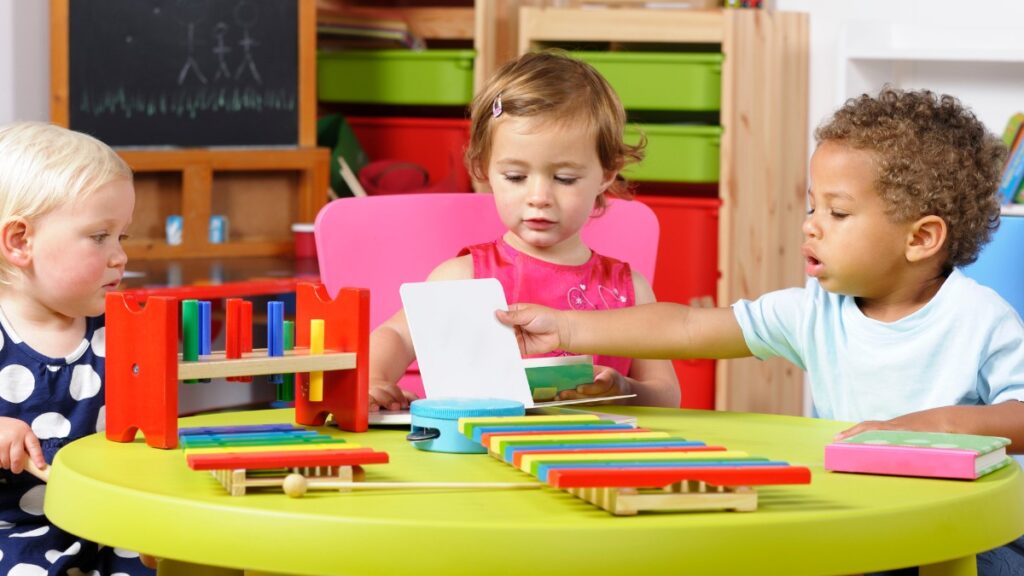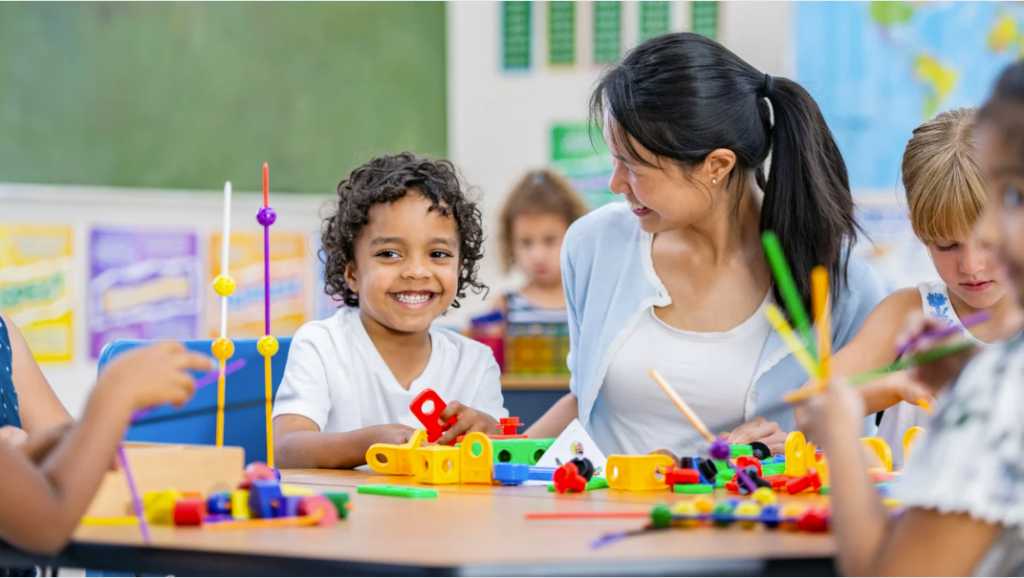Samaritan Saves Autistic Man Who Leaped Into Jamaica Bay

A quick-witted good Samaritan sprang into action, helping save an autistic man who jumps into Jamaica Bay after a sudden and dramatic escape from a Brooklyn pier. The incident unfolded on a Tuesday morning around 10:30 a.m. at Canarsie Pier in Brooklyn. A 25-year-old man, who is autistic, was attending a field trip with other […]
Can Self-Regulation Be Taught to Children with Autism?

Self-regulation is a crucial skill that involves managing one’s emotions, behaviors, and thoughts in a way that is socially acceptable and beneficial. For children with autism, developing self-regulation skills can significantly impact their overall well-being and social interactions. The ability to self-regulate is essential for children, as it influences their capacity to navigate daily challenges […]
What is Hyper-Empathy in Kids with Autism

Hyper-empathy is characterized by an intense and uncontrollable emotional response that can lead to distress. According to a study conducted by Sheffield Hallam University, 78 percent of participants felt they experienced hyper-empathy. Individuals with this condition often describe absorbing the emotions of others to such an extent that it becomes painful. Contrary to the common […]
Social-Emotional Reciprocity in Kids with Autism Explained

Social-emotional reciprocity is vital for children with special needs, particularly those on the autism spectrum. It helps them develop crucial social skills such as empathy, communication, and forming meaningful connections. These skills are essential for their overall well-being and success in life. Effective social-emotional reciprocity allows children to engage in back-and-forth interactions, understand social cues, […]
How to Support Children With Autism Facing Social Challenges

Children with autism often face significant communication hurdles. These challenges can manifest in various ways, including difficulty in initiating conversations, understanding non-verbal cues, and responding appropriately in social situations. Recent research indicates that when autistic individuals communicate with one another, they experience fewer communication breakdowns and do not perceive any deficits in social interaction. This […]
Helping Children with Autism Learn the Value of Sharing

Sharing is a complex social behavior that can present unique challenges for children with autism spectrum disorder. Understanding these challenges is essential for parents and caregivers who aim to teach sharing effectively. Children with autism often face difficulties in resource-sharing situations. Research indicates that these children are significantly more likely to accept unfair offers in […]
Understanding Body Language in Kids with Autism

Body language is a vital part of communication for everyone, but for children with autism, it can take on an entirely different shape and meaning. While many people rely on gestures, facial expressions, and eye contact to supplement verbal language, autistic children often communicate in more unique, subtle, or misunderstood ways. For caregivers, teachers, and […]
Can Role-Playing Improve Social Skills in Autistic Kids?

Role-playing serves as an effective method for enhancing social skills in children with autism. This approach allows children to practice and refine their interactions in a safe and supportive environment. Psychologists often utilize social scripts as a foundational tool in autism therapy. Social scripts involve creating specific sentences or phrases that children can use in […]
5 Skills ABA Therapy Teaches Children with Autism

Applied Behavior Analysis (ABA) therapy is a scientific approach that focuses on understanding and improving specific behaviors. It is widely used to support children with autism by applying techniques based on the principles of learning and behavior. ABA therapy involves breaking down complex skills into smaller, manageable steps, making it easier for children to learn […]
An Overview of Special Education for Autistic Children

The foundation of special education laws is rooted in the principle of equal access to education for all students. According to the National Center for Education Statistics (NCES), approximately seven million students aged 3 to 21 receive special education services in the U.S., which accounts for 14 percent of all public school students. This statistic […]


